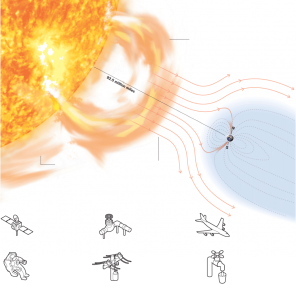
Huh?
Barrett Brown, political prisoner of the information revolution
If the US government succeeds in criminalising Brown's posting of a hyperlink, the freedom of all internet users is in jeopardy
Kevin M. Gallaher
Guardian, 13 July 2013
When I first noticed Barrett Brown in early 2011, I never thought that two years later I'd be directing Free Barrett Brown. Intrigued by his irreverence, I became familiar with his work, admiring him for his skill as a writer. I spoke to him briefly on IRC (internet relay chat) and occasionally dropped into the same channels he frequented; later I met him in person at a conference in New York City. But it's the US government's behavior in this and other cases – see also, Manning, Hammond, Swartz, Assange, etc – that have made running his legal defense fund a labor of love for me.

The distributed research project Brown founded, Project PM, is important and necessary. Since 9/11, the intelligence and cyber-security contracting industries have exploded in size. I believe, as Barrett does, that the public/private partnership on surveillance constitutes a threat to civil transparency and the health of democratic institutions. Large and very profitable companies like Booz Allen Hamilton obtain most of their revenues from the federal government; yet, the majority of their work is performed in secrecy.
Barrett had the insight to realize early on that the troves of emails that were hacked by Anonymous out of HBGary Federal and Stratfor and subsequently made public had the potential to provide a rare window into the activities of the cyber-intelligence industry. I believe it was this journalistic work of digging into areas that powerful people would rather keep in the dark that made him a target.
Contrary to claims, Brown is not a hacker (he is unabashedly lacking in technical skills). Nor was he a spokesperson for Anonymous (the very idea is ridiculous). He is an iconoclastic writer with a penchant for satire and hyperbole. He became an activist by observing the media's failure to cover the issues or stories that he deemed important. Some of his proudest work was the assistance rendered by Anonymous to citizens in North Africa during the first months of the Arab Spring.
Complete article below the line.




